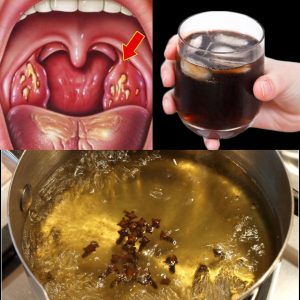Understanding Charley Horses: Causes and Symptoms
Charley horses are sudden, involuntary muscle cramps, often occurring in the calves, that can cause intense pain and temporary immobility. These cramps may strike during physical activity or even at rest, particularly at night, disrupting sleep and daily activities. Common causes include dehydration, overexertion, poor circulation, and nerve compression. Additionally, factors like lack of stretching, poorly fitted shoes, and certain medications can increase the risk of experiencing these painful cramps.
Key Prevention Tips for Reducing Muscle Cramps
To prevent charley horses, maintaining hydration and replenishing electrolytes—especially potassium, magnesium, and calcium—is essential for muscle function. Regular stretching, especially before and after physical activity, helps keep muscles flexible and lowers the risk of cramping. Gradually increasing exercise intensity, wearing supportive footwear, and avoiding prolonged sitting or standing are also beneficial. Promoting circulation and adopting these simple habits can help keep cramps at bay.
Effective Treatments for Immediate Relief
When a charley horse occurs, quick relief methods can ease discomfort. Gently stretching and massaging the affected muscle is often effective, as is applying heat or cold packs to soothe the area. Staying hydrated and consuming electrolyte-rich beverages can support recovery, while over-the-counter pain relievers may help with severe pain. However, frequent or severe cramps may require a healthcare provider’s advice to rule out underlying health issues.
Diet and Lifestyle Changes for Long-Term Prevention
A balanced diet plays a vital role in preventing charley horses. Consuming potassium-rich foods like bananas, magnesium-rich nuts, and calcium sources such as dairy or leafy greens supports muscle health and reduces cramping risk. Limiting caffeine and alcohol intake also helps keep muscles hydrated and functioning optimally. Persistent or severe cramps should be evaluated by a medical professional to ensure no underlying health concerns, such as circulatory problems or electrolyte deficiencies.





